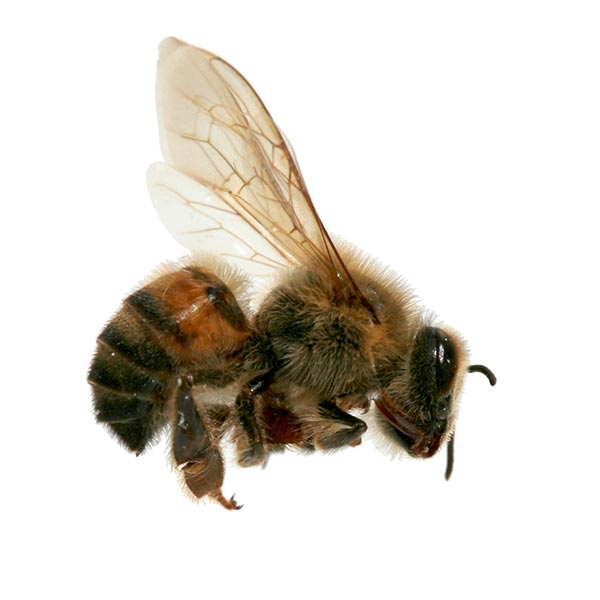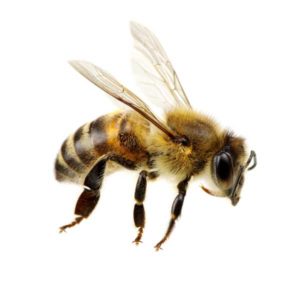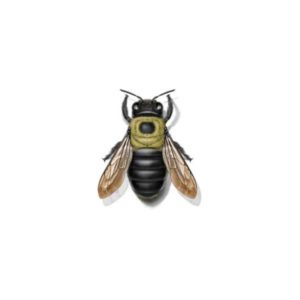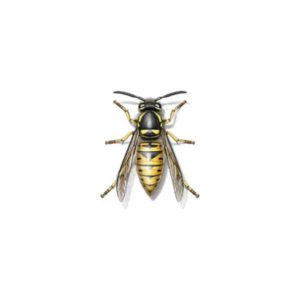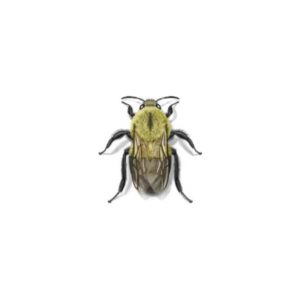Africanized Honey Bees in Bristol and Johnson City TN
The Africanized honey bee was made notorious from press releases as the “killer bee,” and is a result of matings between the African bee subspecies and European honey bees. These bees are not easily distinguished from domestic honey bees and have spread throughout the southern United States. These bees can be found in southern California, southern Nevada, Arizona, Texas, New Mexico, Louisiana, and central and southern Florida.
Africanized Honey Bee Habitat
A common difference between Africanized and European honey bees is their choice of nest locations. Africanized honey bees are less selective when seeking out a potential nesting site. Colonies are smaller and have been found in water meter boxes, cement blocks, barbeque grills, cavities in the ground, and hanging exposed from tree limbs. European honey bees are rarely found in these locations as they prefer larger nesting sites like chimneys and tree hollows. Humans inadvertently provide multiple nesting sites for these bees, which is the primary reason Africanized honey bees are frequently encountered by humans.
Africanized Honey Bee Behavior, Threats, or Dangers
Africanized honey bees can be a public health concern because they are more likely to sting than “typical” honey bees. Although these are more unpredictable and defensive than domestic honey bees, they generally react only when their nests are threatened. Africanized honey bees are provoked to attack sources of loud noise and vibrations, as well as large, dark-colored moving objects that occur within 50-150 feet from the colony. Africanized honey bees have been known to pursue their victims for more than 500 feet. Children, the elderly, and handicapped individuals are at the highest risk of an attack due to their inability or hampered ability to escape an attack.
Africanized honey bee venom is no more dangerous than that of domestic honey bees. However, these bees will attack in greater numbers, which poses more danger to humans. If an Africanized honey bee hive is suspected, it is recommended to contact a professional bee removal company.
Need help with Africanized Honey Bee control?
We'll call you! Leave your information below.

